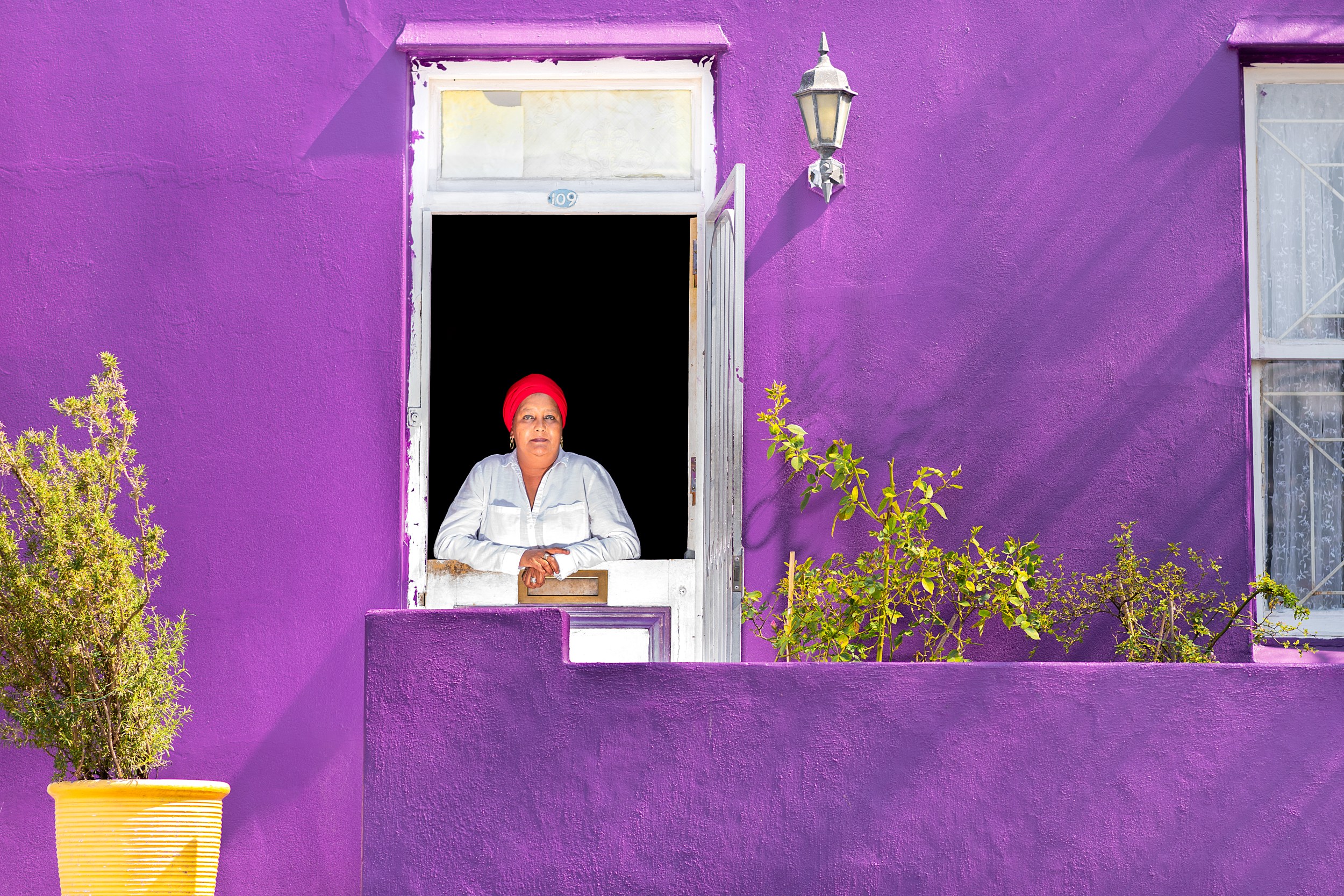New report highlights Airbnb’s contribution to inclusive growth of tourism
Key Takeaways
- New independent report from Genesis Analytics highlights Airbnb’s contribution to inclusive growth of tourism


Key Takeaways
- New independent report from Genesis Analytics highlights Airbnb’s contribution to inclusive growth of tourism
In 2020, a ‘crisis year’ for tourism in South Africa, travel on Airbnb contributed more than R8 billion to the economy supporting around 22,000 jobs according to a new report from independent consultancy Genesis Analytics that was commissioned by Airbnb and released today.
The report highlights how the Airbnb platform is contributing to growth of the tourist economy, and that this growth is increasingly inclusive in nature. The Airbnb platform is lowering barriers to entry and welcoming new Hosts onto the platform by empowering groups typically excluded from the benefits of tourism, like those living in rural and township communities.
Airbnb has also invested in community-led initiatives including the Airbnb Entrepreneurship Academy which has helped train more than 300 Hosts who earned more than R2.8 million in 18 months.
The report also illustrates that Airbnb is an increasingly popular and more accessible choice for domestic travellers, with the platform able to meet an array of accommodation needs, in more varied locations, for a spectrum of budgets.
Domestic travel on the platform grew almost six-fold from 2016 to 2019, while South African Tourism estimates that domestic tourism fell by 9% over the same period when looking at the industry as a whole. The fastest growth was seen outside the typical tourist destinations in the North West, where guest travel grew by 130% annually between 2016 and 2019, showing how Airbnb spreads the benefits of tourism and stimulates the economy and entrepreneurship across the country.
According to Genesis Analytics analysis of Airbnb data, evidence from the townships of Soweto and Tembisa shows that before 2019 there were more visits from international tourists than domestic tourists. However, by 2019 the pattern had reversed as townships became a popular domestic tourism destination. These areas are also seeing positive growth in the number of Hosts on Airbnb, with figures in Soweto more than doubling from 2016 to 2019, albeit off a low base.
Across South Africa, additional Airbnb research has revealed new Hosts on Airbnb who welcomed their first guests in the first six months of 2021 and have only one listing, have collectively made over R20 million hosting on Airbnb. Half of new listings that were both activated and booked in early 2021 got a reservation request within seven days, with the average annual earnings per Host who had welcomed at least one guest was R55,800*.
The report was commissioned by Airbnb to understand the company’s contribution to inclusive tourism growth in South Africa, and to seek out opportunities for future inclusive growth. It follows Airbnb’s vision for tourism, which set out Airbnb’s support for a short-term rental registration system in South Africa as part of a five-point plan to re-boost tourism in the wake of the pandemic, and promote an inclusive and sustainable future for tourism.
Velma Corcoran, Regional Lead Middle East Africa at Airbnb, said, “Tourism has immense potential for inclusive growth, and this new report shows that the rise in domestic tourism on Airbnb is helping to drive inclusive economic recovery in South Africa, generating R8 billion to the economy during 2020 which supported 22,000 jobs.
“We are at an early and pivotal stage in South Africa’s recovery following the pandemic, where intentional effort and collaboration is needed from all parties to further support a diverse, sustainable and inclusive tourism economy. It’s why, as part of Airbnb’s vision for tourism, we set out our support for clear and sensible rules in South Africa, and for the introduction of a nationwide registration system, giving Government data to enforce proportionate regulation, offering transparency to communities, and empowering local tourism entrepreneurs to grow their businesses.”
Ryan Short, Partner at Genesis Analytics, who led the study said, “The research supports the view that Airbnb is creating inclusive growth, in other words growing the tourism sector in a way that spreads benefits more widely. The biggest beneficiaries of this inclusion are non-traditional tourism provinces, smaller towns, and female entrepreneurs, while the growth in township hosting is also encouraging. Perhaps the most exciting finding however is how the platform is unlocking new demand for domestic tourism, enabling more South Africans to see their own country. In our view, the public and private sectors should work together to ensure these promising foundations of inclusive growth are built on.”